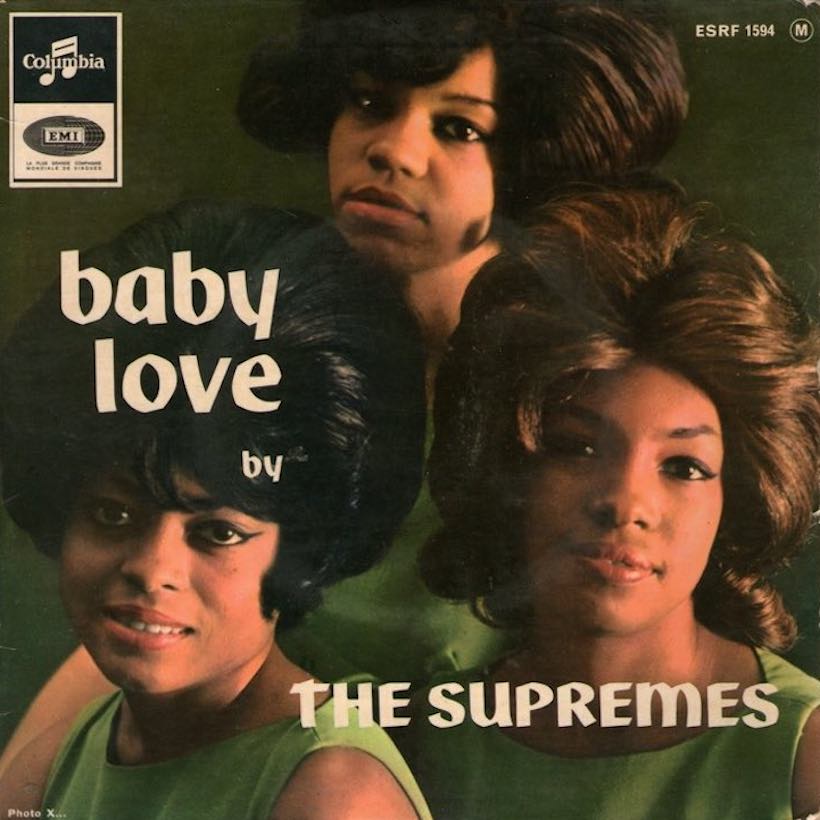The group once dismissively referred to as the “no-hit Supremes” were on their way to becoming the hottest act in America in the summer of 1964.
On August 13, with “Where Did Our Love Go” just a week away from completing its climb to No.1 in the US, and the need for a Supremes album becoming urgent, the “Baby Love” legend was born. But, as Motown collectors know, the Holland-Dozier-Holland song was first cut the month before, when it got the thumbs down from the boss.
Baby Love (Alternate ‘Early’ Version)
Click to load video
The first version of “Baby Love” had been recorded about three weeks earlier, on July 24. But as Berry Gordy wrote in his 1995 autobiography To Be Loved, the song had a difficult birth. “When H-D-H finished it the first time,” he recalled, “I said ‘It’s great, but it has no life, there’s no gimmick here…of course they disagreed with me. But they went back into the studio and re-cut it. And at the beginning, they put in the little thing, ooh-ooh-ooh – that little bit. And I said, that’s perfect!”
Brian Holland’s recollection was that the production triumvirate had come to that conclusion anyway. “When we cut ‘Baby Love’ the first time, it was a little too slow,” he said. “We wanted to add a little more pep to it.”
Apart from Diana Ross’ new ad lib, the second version was now slightly faster and decidedly zippier. It also sported percussion on the backbeat, especially noticeable on that reshaped intro – but not handclaps, as Tamla keyboard supremo Earl Van Dyke explains in The Complete Motown Singles Volume 4. Planks of two-by-four were used, with “some guy stompin’ on them.”
The new version was completed in two takes that summer’s day, and the results issued as Motown 1066 in the US five weeks later. That was three weeks after “Where Did Our Love Go” had finished its fortnight-long reign on the Hot 100.
Listen to uDiscover Music’s Supremes Best Of playlist.
By the end of October, “Baby Love” followed it to the summit, for four weeks, and then in November, for three in the R&B market. This was during the 14-month period that Billboard did not publish a separate soul chart, so chart historian Joel Whitburn’s reference books use rival publication Cash Box’s Top 50 In R&B Locations data. By mid-November, “Baby Love” had bumped Roy Orbison’s “Oh, Pretty Woman” from the top of the British singles chart.
Buy or stream “Baby Love” and the discarded early version (CD2, track 19) on the 40th anniversary edition of the Supremes’ 1964 album Where Did Our Love Go.



